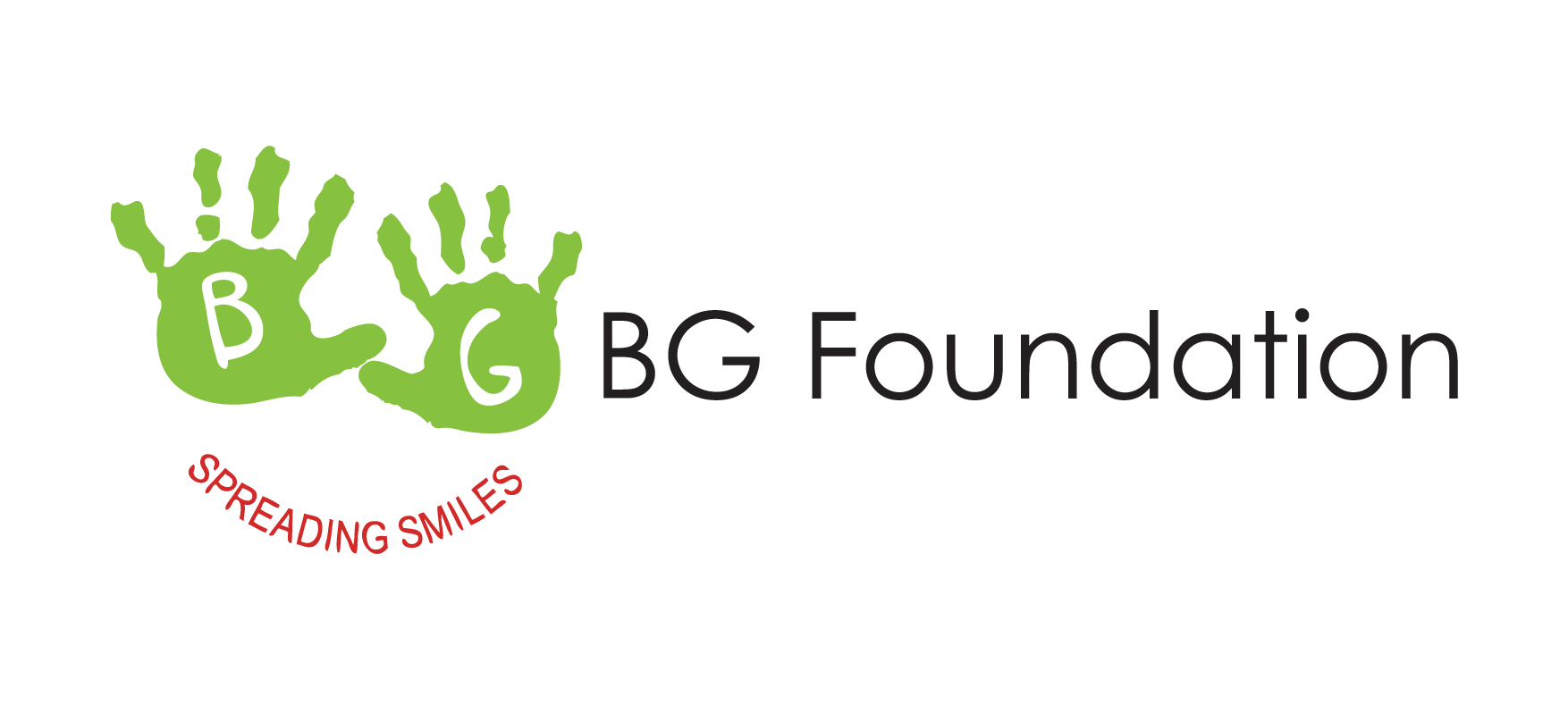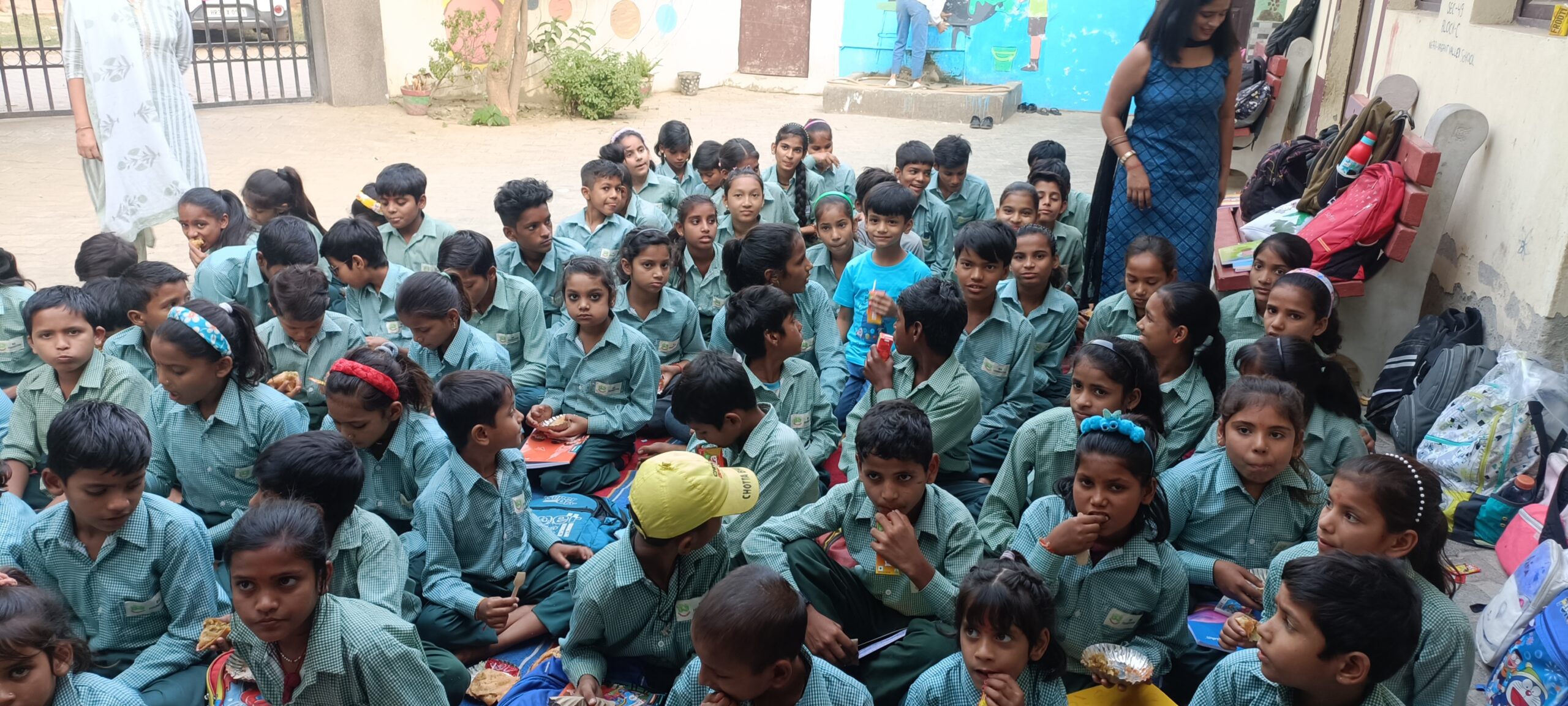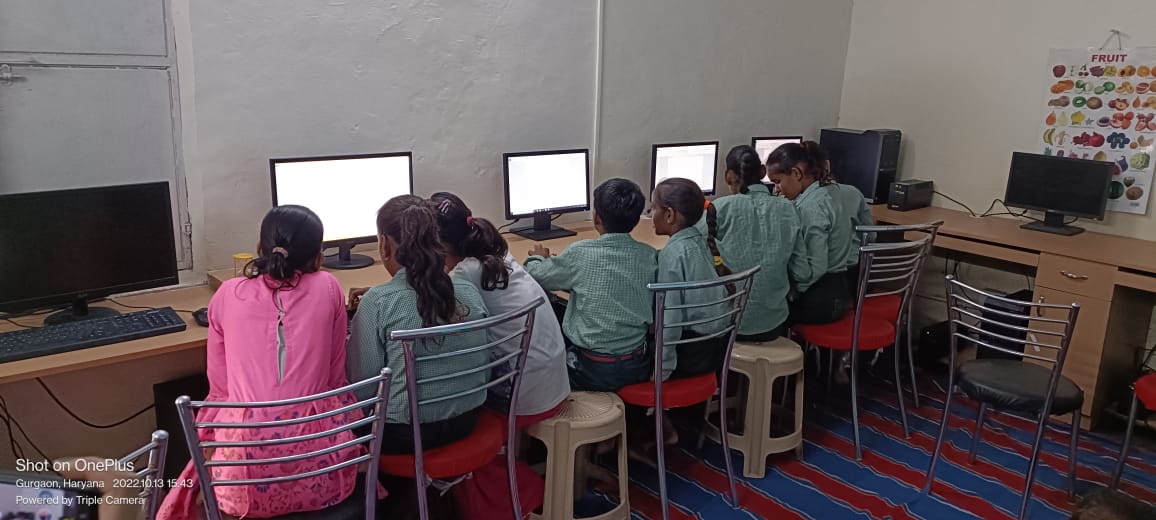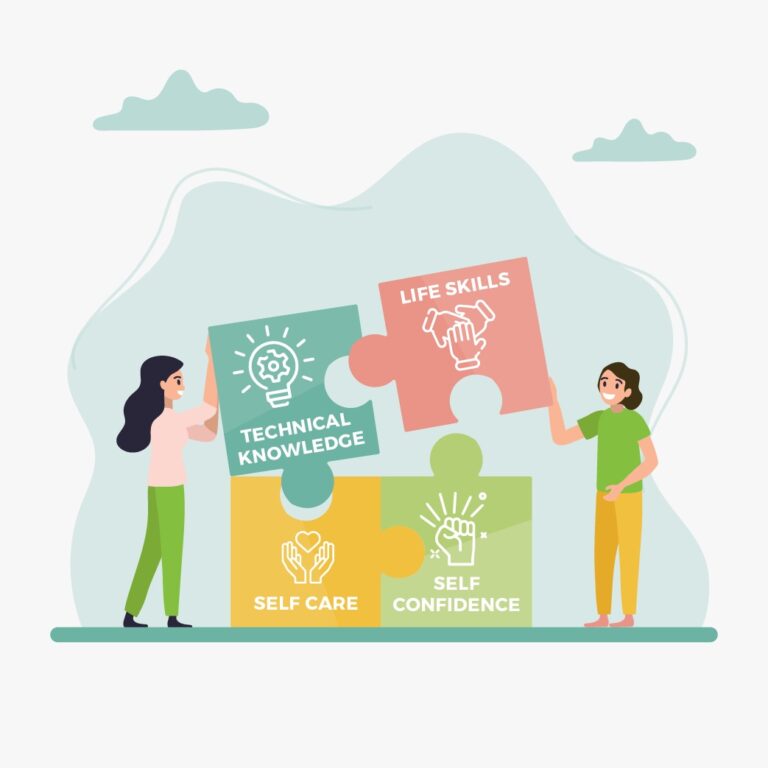The Power of Youth and Empowerment

Young people have always had the potential to create positive change in their communities and the world. Their energy, passion, and fresh perspectives can bring about innovative solutions to pressing issues. However, it is crucial to empower young people and provide them with the necessary tools and support to turn their ideas into action. This is where the concept of youth empowerment comes into play.
Youth empowerment refers to the process of enabling young people to take control of their lives, make informed decisions, and contribute meaningfully to society. It involves providing them with opportunities for personal growth, skill development, and leadership training. By empowering young people, we are not only investing in their future but also creating a better world for everyone.
The Importance of Encouraging Youth to Take Action
Encouraging youth to take action has numerous benefits both for the individuals themselves and for society as a whole. When young people are given the opportunity to make a difference, they develop a sense of purpose and fulfillment. Taking action allows them to see that their voices matter and that they can have a positive impact on the world around them.
History has shown us the power of youth-led movements in bringing about significant social change. From the Civil Rights Movement led by young activists like Martin Luther King Jr., to the recent global climate strikes organized by young activists like Greta Thunberg, young people have proven time and again that they can be catalysts for change. By encouraging youth to take action, we are not only empowering them but also creating a more just and equitable society.
Building Confidence and Self-Esteem in Young People

Building confidence and self-esteem in young people is essential for their overall well-being and success. When young people believe in themselves and their abilities, they are more likely to take risks, pursue their passions, and overcome challenges. Confidence also plays a crucial role in developing leadership skills and making a positive impact on others.
Parents, educators, and mentors can play a significant role in boosting confidence in young people. One way to do this is by providing them with opportunities to succeed and recognizing their achievements. Encouraging them to set goals and supporting them in achieving those goals can also help build their confidence. Additionally, providing constructive feedback and creating a safe and supportive environment where they can express themselves without fear of judgment is crucial.
Providing Access to Education and Resources
Access to education and resources is a fundamental aspect of youth empowerment. Education equips young people with the knowledge and skills they need to navigate the world and make informed decisions. It opens doors to opportunities and empowers them to create a better future for themselves and their communities.
Unfortunately, not all young people have equal access to education and resources. Those from marginalized communities often face barriers such as poverty, discrimination, and lack of infrastructure. To empower young people from these communities, it is essential to address these systemic inequalities and provide them with the necessary support. This can include scholarships, mentorship programs, community centers, and initiatives that promote inclusivity and diversity.
Developing Leadership Skills in Youth
Developing leadership skills in young people is crucial for their personal growth and their ability to make a positive impact on society. Leadership skills such as communication, problem-solving, teamwork, and decision-making are essential for navigating the complexities of the world.
Parents, educators, and mentors can help develop leadership skills in young people by providing them with opportunities to take on leadership roles. This can be done through extracurricular activities, volunteer work, or community projects. Encouraging them to take initiative, think critically, and collaborate with others can also help foster their leadership abilities.
Encouraging Creativity and Innovation in Young Minds
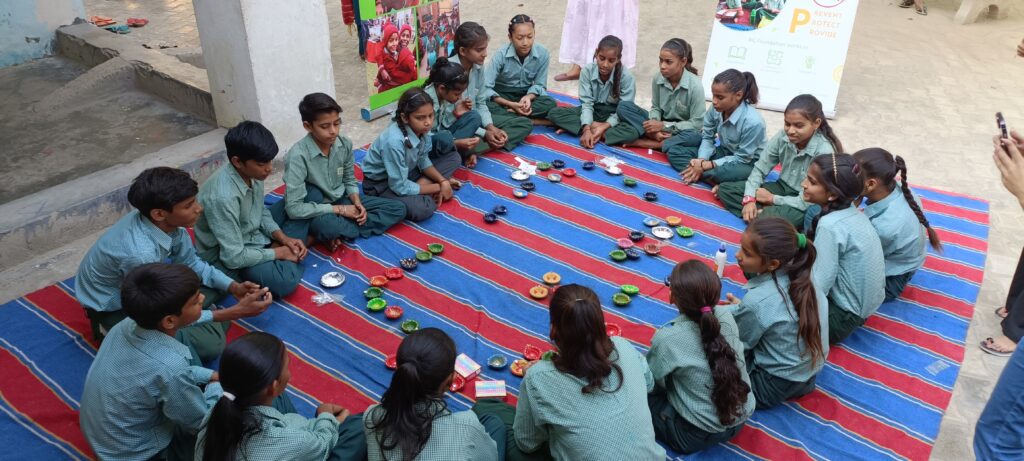
Creativity and innovation are key components of youth empowerment. When young people are encouraged to think outside the box, explore their passions, and come up with innovative solutions to problems, they become agents of change. Creativity allows them to challenge the status quo and envision a better future.
There are numerous examples of young people who have used their creativity and innovation to create positive change. For instance, Malala Yousafzai, the youngest Nobel Prize laureate, used her voice and creativity to advocate for girls’ education. Jack Andraka, a teenager, developed a groundbreaking test for pancreatic cancer. By encouraging young people to embrace their creativity and providing them with the necessary resources and support, we can empower them to make a difference.
Fostering a Sense of Social Responsibility in Youth
Fostering a sense of social responsibility in young people is crucial for their development as engaged and active citizens. When young people understand the importance of social issues and feel a responsibility to address them, they are more likely to take action and work towards creating positive change.
Parents, educators, and mentors can foster a sense of social responsibility in young people by exposing them to different social issues and encouraging them to think critically about them. Providing opportunities for community service and volunteer work can also help instill a sense of empathy and compassion. Additionally, teaching young people about the importance of ethical decision-making and the impact of their actions on others can contribute to their sense of social responsibility.
The Role of Mentors and Role Models in Empowering Youth
Mentors and role models play a crucial role in empowering young people. They provide guidance, support, and inspiration, helping young people navigate challenges and develop their skills and abilities. Mentors and role models can come from various backgrounds, including family members, teachers, community leaders, or professionals in their field of interest.
Successful mentorship and role modeling programs have been shown to have a significant impact on young people’s lives. They provide them with positive role models to look up to, offer guidance and advice, and create a supportive environment where they can learn and grow. By connecting young people with mentors and role models, we can empower them to reach their full potential.
Overcoming Barriers to Youth Empowerment
There are several barriers that prevent young people from being empowered. These barriers can include systemic inequalities, lack of access to resources, discrimination, and limited opportunities for meaningful engagement. To overcome these barriers, it is crucial to address the root causes and provide young people with the necessary support.
Addressing systemic inequalities is a key step in empowering young people. This can involve advocating for policy changes that promote equity and inclusivity, providing equal access to education and resources, and creating opportunities for young people from marginalized communities. Additionally, creating safe spaces for young people to express themselves, fostering a culture of respect and inclusion, and promoting diversity can help overcome barriers to youth empowerment.
The Future of Youth Empowerment and Creating Lasting Change
The future of youth empowerment holds immense potential for creating lasting change in communities and the world. Young people have already proven their ability to mobilize and create significant social change through movements like Black Lives Matter, March for Our Lives, and Fridays for Future.
By empowering young people and providing them with the necessary tools and support, we can create a world where their voices are heard, their ideas are valued, and their actions have a lasting impact.
It is essential for individuals to get involved in empowering young people in their own communities. This can be done through mentorship programs, volunteering opportunities, or supporting youth-led initiatives.
By investing in the next generation and empowering them to become leaders and change-makers, we are not only shaping a better future but also creating a more just and equitable society for all.
